Tomorrow (March 22) marks the 54th anniversary of the Muslim Satyashodhak Mandal, founded by renowned muslim social reformer Hamid Dalwai. On that occasion, we are publishing this article here.
In the 19th century, the leaders within the Hindu community were struggling against the British government for political rights and simultaneously continued with an internal struggle for social reform. The Hindu community received the fruits of this effort in the real sense after independence. Now the Muslim community will have to build social reform within the community, and at the same time, they will also have to struggle for political rights within the framework of each government. It could be central governments or state governments; it could be the BJP, Congress, or any other party! The Hindu community had a difficult struggle against the British, but the struggle faced by the Muslim community is far more difficult.
On the 22nd of January, the Pran Pratishta ceremony, which represented the installation of the Ram temple in Ayodhya and was led by Prime Minister Narendra Modi, took place in the presence of seven thousand invitees. All four Shankaracharyas of the four Shaktipeeth Hindu shrines avoided the ceremony under the pretext of some excuse, saying that since the temple is not yet completely constructed, installing the idol goes against theological rituals. It is possible that they were not honoured as expected. The President and the Vice President of India did not get an invitation; however, the Chief Justice of India was invited but was not present at the ceremony. Congress and other opposition parties boycotted the ceremony as they believed that it was a political programme conducted by the BJP.
This ceremony, which took place on January 22, was not limited to Ayodhya. Similar ceremonies were held all over the country in various forms, before and after the event, and will be held in the future. Not only that, Ayodhya will now develop as a tourist destination. The number of Ram temples in the country will multiply. Apart from that, in the neighbouring countries, which also have a small population of Hindus, Ram temples will be installed, and the government will actively focus on those projects as a part of the cultural give and take. This week itself (February 13 and 14) will witness the inauguration of an immense Ram temple in Abu Dhabi, the capital of the United Arab Emirates. The King of this country, whose population is mainly Muslim and is run by a Muslim government, has invited Indian Prime Minister Narendra Modi to inaugurate the temple. It is true that this interaction was driven by the fact that this country would like to maintain its positive relationship with India. However, the message that is being communicated is that a highly conservative Muslim country has built a Ram temple and has invited the Indian Prime Minister to inaugurate it.
If one considers the ambience surrounding these events, it is primarily celebratory rather than religious. And that is quite understandable. The Ramayana is an epic that is about five to seven thousand years old. The protagonist is Shri Ram, and the place that is considered to be his birthplace, Ayodhya, is where this temple has been built. Since the year 1853, there has been an ongoing debate about whether the Babri Masjid, which was built on that place in 1528, was in fact where the original Ram temple used to stand. In 1949, the central government declared that the place was disputed. Since 1984, with the support of the BJP, Hinduist organizations have begun an agitation, insisting that the Ram temple should be built on that place. After eight years of bitter agitation, the Babri Masjid was demolished on 6th December 1992, and thirty years later, the temple was built. That is why the current revelry is not unexpected.
The Supreme Court of India passed an order in 2019 that the temple should be constructed on that place. Four of the judges involved in that decision are now retired, and the fifth one, D.Y. Chandrachud, is currently the Chief Justice. Three points that were at the center of the decision were: the demolition of the mosque was a crime; there is no proof that Ram was born there; but since there is such a belief in Hindus, the central government should form a trust that will facilitate the building of the temple. Accordingly, for the past four years, the temple has been being built. This trust has received about Rs 3000 crore as donations until now, half of which has been spent, and the temple is yet to be fully constructed. The court also had directed the government to give five acres of land at Faizabad, about 22 kilometers away from Ayodhya, to build a mosque, but no work has commenced in that place yet.
After the Ram temple Pran Pratishtha ceremony held on January 22, what are the emotions felt by the Muslim community in India? Anyone with the right kind of awareness of the political and social conditions in the country would be able to make a guess. It is obvious that the Muslim community might be experiencing a sense of relief mixed with fear, feelings of anxiety about the future, insecurity, and uncertainty. Those who went to Ayodhya to report the news have also noted the expectations and demands of the Muslim community there. Those can be summarized in one sentence: “Please let us live in peace.” However, given the climate of the country, though it is a very simple, straightforward, and tiny expectation, the bitter Hindutva fundamentalists will not allow it. This is because in the speech made by the Chief of the RSS, Mohan Bhagwat, on the 22nd of January, there is an important statement. “When the foreigners attacked our country, they demolished Hindu religious monuments to demoralize the Hindu community (and built mosques there).” Even though this was a reference made in the context of the Mughal regime and the Babari mosque, it is directed towards several temples and mosques in India. It also suggests that, in the same way, now it is necessary to demoralize the Muslim community, and the present time is ideal as never before.
For the past thirty years, one has heard the slogan “Ayodhya to jhaanki hai, kashi, Mathura baaki hai” (Ayodhya is just a glimpse; Kashi and Mathura will follow). Last week, the district court in Kashi gave permission to perform rituals in the Dynanwyapi mosque, which has been closed since 1993. The organizers of this mosque have gone to the high court, which is why it is to be seen whether the Dynanwyapi mosque will be under the control of the Hindus with ease or after some struggle. Mathura is also in Uttar Pradesh, and those currently in power will not forego the opportunity to build a temple there. In 1992, P.V. Narsimha Rao government passed a law saying that apart from the Babari mosque, all other religious monuments would remain as they were in 1947. But, it is not very difficult for the central government to change that law for Kashi and Mathura. So, the real question is whether this debate will be limited to these three temples and mosques or whether it will continue further. This is because there are about 20 lakh temples and about 3 lakh mosques in the country.
The agenda of Hindutva, which was part of the manifesto since the formation of the BJP, leaving aside the Uniform Civil Code, has now been completed. However, it will be convenient for the BJP to keep the Hindu-Muslim tension alive by polarizing them on a religious basis. So, what will be the fate of the 14 percent Muslim population (17 crore population) in India? Today, the ruling BJP, which is the largest party in the country, does not have a single Muslim MP, nor does it have a single Muslim in the current Union Cabinet. There is no Muslim individual in the post of Chief Minister of any small or big state. The Muslim community is worse off than the Dalits and Adivasis when it comes to primery education and dropout rates below class V. That means the top and the bottom look quite bleak. The MIM party leader, Asaduddin Owaisi, speaks boldly as the voice of Muslims in Parliament. It is equally true that the degree of regressiveness in him is quite high, but he is also unabashedly pro-Muslim and presents their side fearlessly. In his speech in Parliament last week, he made the statement that "Muslims in India under Modi have become what the Jews in Germany were under Hitler." This statement is certainly exaggerated, but the implication is very significant.
Zia Us Salam, Senior Editor of 'The Hindu and Front Line', in an article written in London's 'Time', very responsibly stated that, "Now, Muslims have a secondary citizenship in India, and this status was sealed on January 22." Pakistan's foreign ministry responded by saying, "Islamophobia has been created in India." Al Jazeera, an international television channel, said, "Since January 22, the wishes and aspirations of Hindus in India have been surrendered to the RSS." But what do you see on the other side? Jamiruddin Shah, former vice chancellor of Aligarh Muslim University, who is in constant communication with the RSS, says, "The Ram temple is the culmination of a large and lengthy struggle." The Union-affiliated Muslim National Forum this week released the findings of a nationwide survey (it did not say how many people it surveyed). According to the survey, 70 percent of Muslims support the Ram temple, 72 percent of Muslims feel that their country and the world listen to their Prime Minister, and 75 percent of Muslims feel that the Muslim community is happier under Modi. The reality of the situation is in between these two viewpoints, but it is definitely bad for the Muslims!
So, the question is, what should the Muslim community in India do now? Despite having a population of around 17 crores, the Muslim community is a minority in this country in terms of total strength. Therefore, it is obvious that there is not much space within politics for them. However, they have a huge scope to work on all four fronts, namely social, cultural, economic, and educational. For that, the Muslim community has to give the most importance to education. Over the past two hundred years, many Muslim social leaders, from Sir Syed Ahmad Khan to Hameed Dalwai, have said with great desperation, 'Dear Brothers and Sisters, please focus on education.' However, their words were not taken seriously by the Muslim community. The core of what they all said was that the status of Muslims will never change unless they embrace modern education. Of course, for that, the grasp of religion has to be loosened. The main motto of the Muslim community should be to bring modern education closer and keep religion away. Their economic progress depends on it, and the growth of employment and industry also depends on it. On the other hand, many in the Muslim community need to sacrifice their lives not for religion but for social reform. Religion is a matter of personal belief, and the place of religion should be insignificant in public life. Everyone in the Muslim community, from young to old, should insist on this.
The religious intolerance shown in the Shahbano case in 1986, has caused a huge loss to the Muslim community. The Hindu fundamentalists, who are the majority in this country, have taken advantage of that decision and similar Muslim fanaticism. Moreover, the Congress and other progressive parties, sometimes in the name of taking care of the Muslim community, sometimes to protect it from Hindutva, and sometimes to preserve the vote bank, gave utmost importance to the Mullah Maulavis of this community, ignored the reformers of the Muslim community, and never reprimanded the Muslim community for its undesirable customs and traditions. The society of this country has had to pay a huge price for this. Five years ago, when the law against Tripple Talaq—divorce—came into force, there was a lot of controversy. But the law was passed, and once it was proved that it was very effective, the fears about it seemed unfounded. After this, there will be some more controversy about the Uniform Civil Code. But that law is proposed in the guiding principles of the constitution of India All kinds of progressive organizations and parties, in one way or another, have highlighted the need for that law. But unfortunately, even after 75 years, it that guiding principle has not become a law, and now it is going to happen under BJP rule. It should be welcomed without making a fuss about it, of course must fight for the wrongdoings if any.
In the 19th century, the leaders within the Hindu community were struggling against the British government for political rights and simultaneously continued with an internal struggle for social reform. The Hindu community received the fruits of this effort in the real sense after independence. Now the Muslim community will have to build social reform within the community, and at the same time, they will also have to struggle for political rights within the framework of each government. It could be central governments or state governments; it could be the government formed by BJP, Congress, or any other party! The Hindu community had a difficult struggle against the British, but the struggle faced by the Muslim community is far more difficult. The British government was foreign, but the present governments are not foreign. And the battle with one's own is more difficult than with foreigners; history proves it. This is why the Muslim community should compete with the Hindu community, but that competition should be done in terms of progress and modernity, not in terms of regressivity! In no other way can the Muslim community get out of the present situation!
(Originally published in Marathi as an Editorial of Weekly Sadhana: Feb 10, 2024. Translated by Rahee Dahake)
हेही पाहा :
Tags: Muslim Satyashodhak Mandal Hindu Muslim BJP Sadhana Editorial Weekly Sadhana Ram mandir sadhana digital Load More Tags

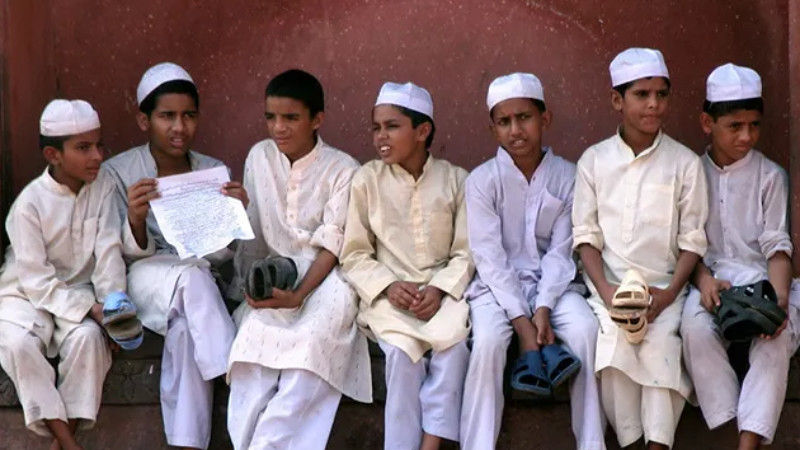


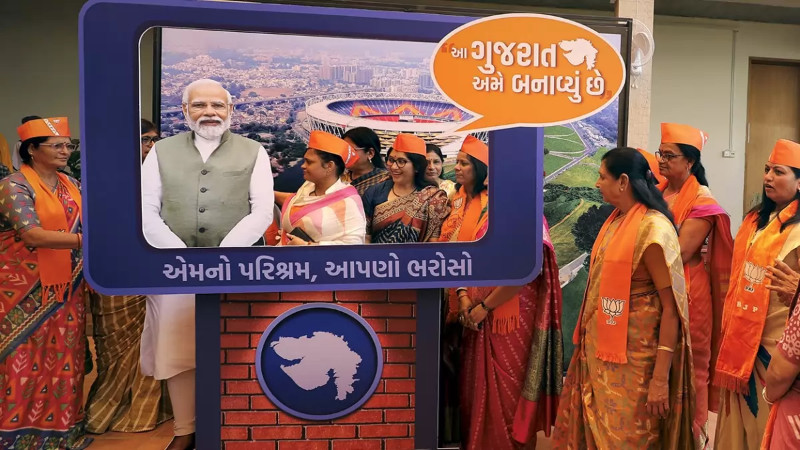
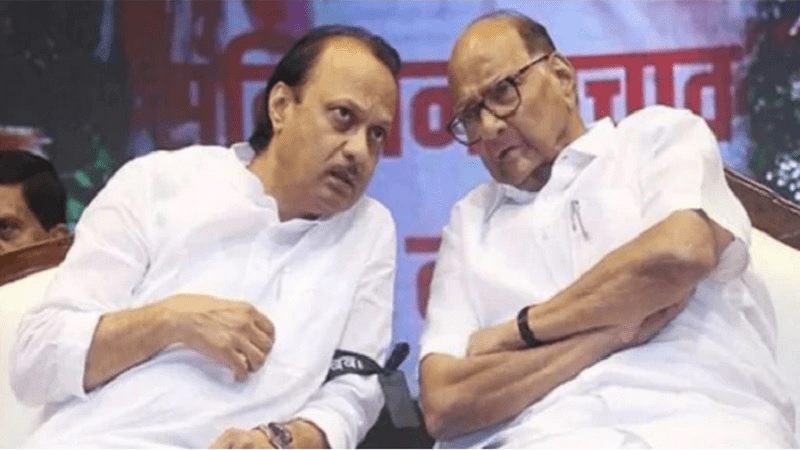

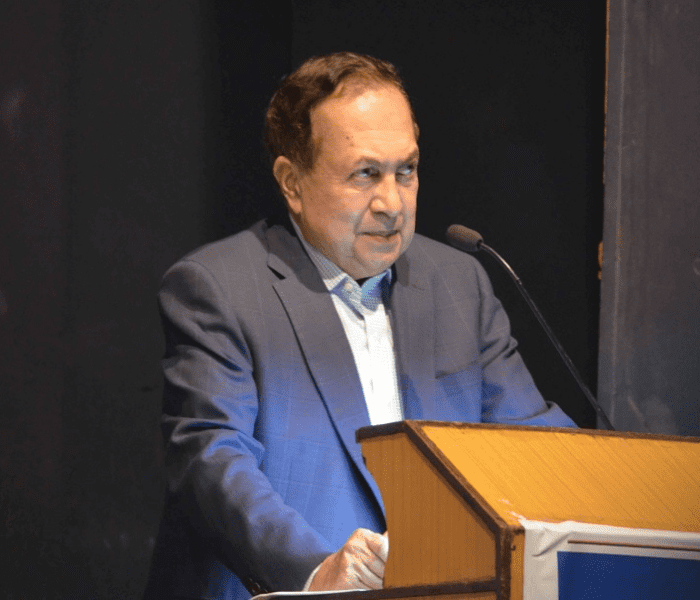
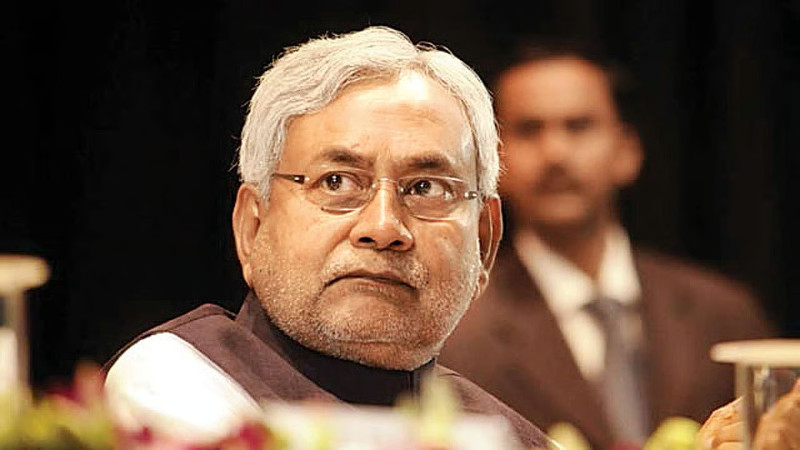
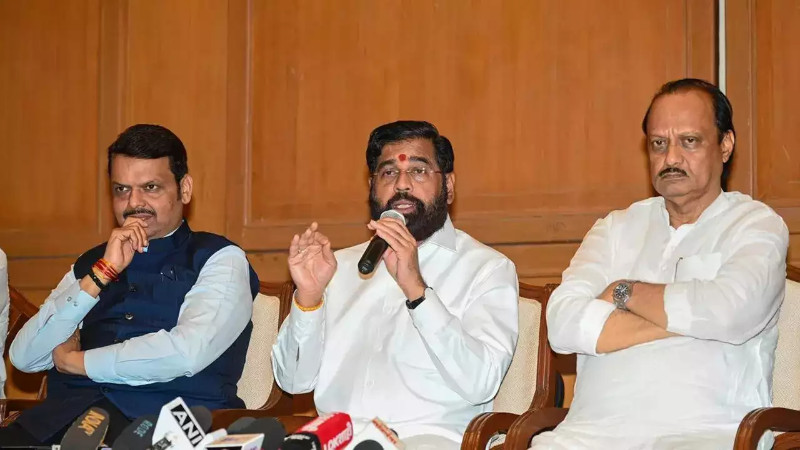
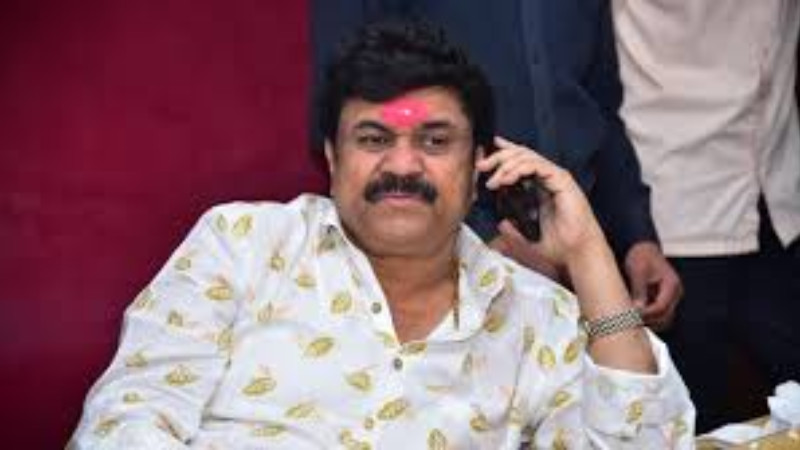
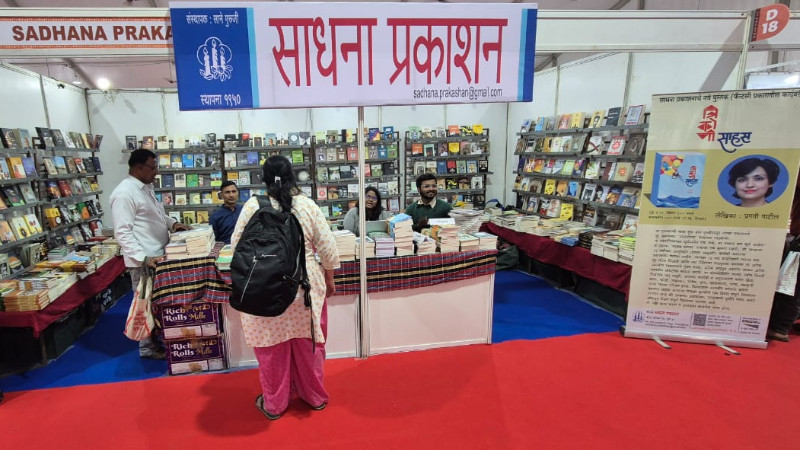
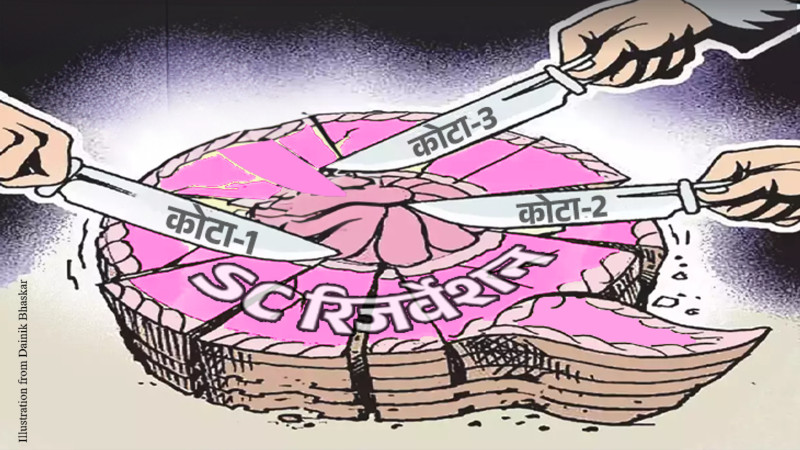
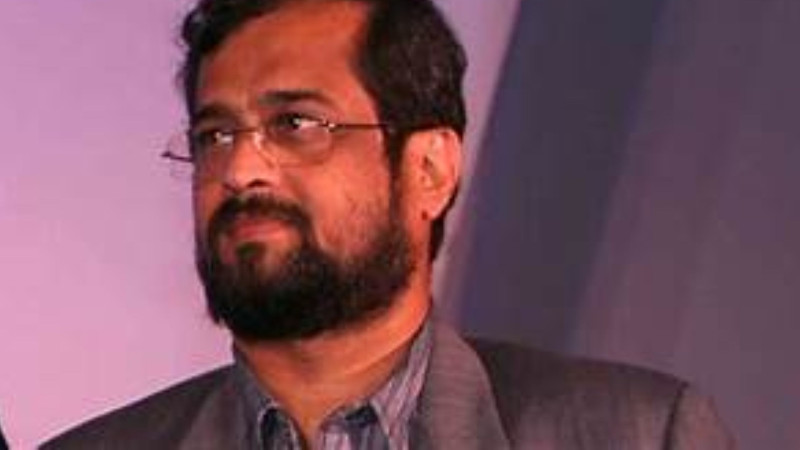
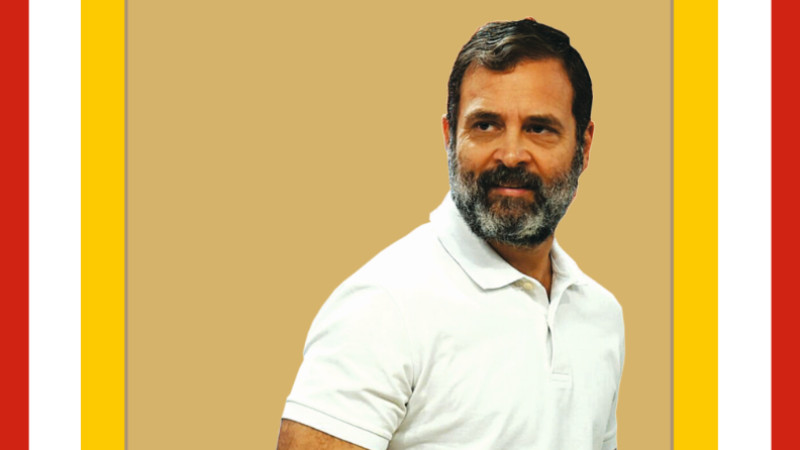
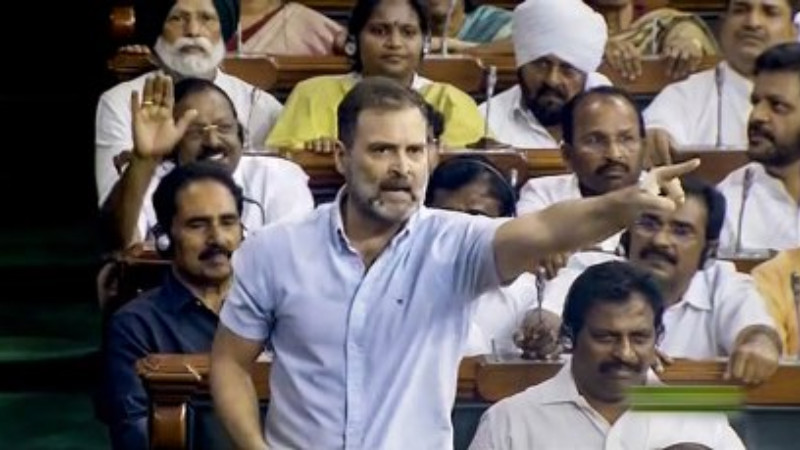
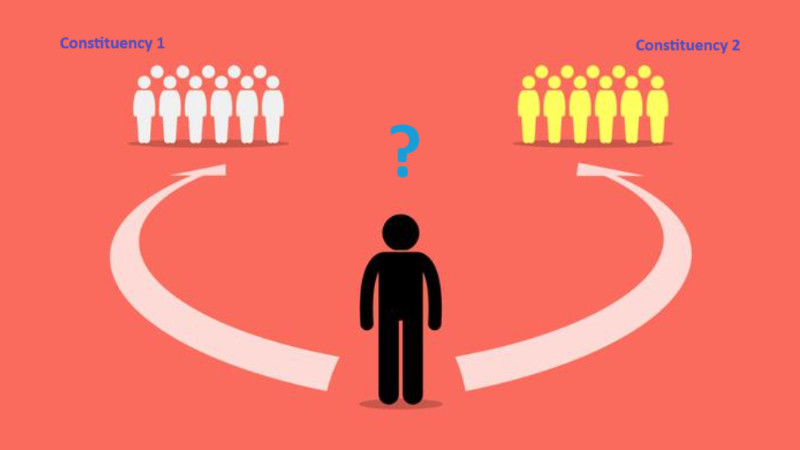
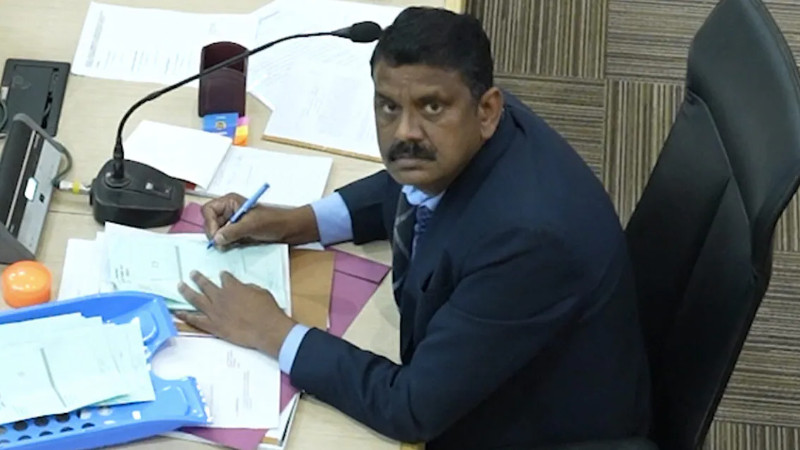
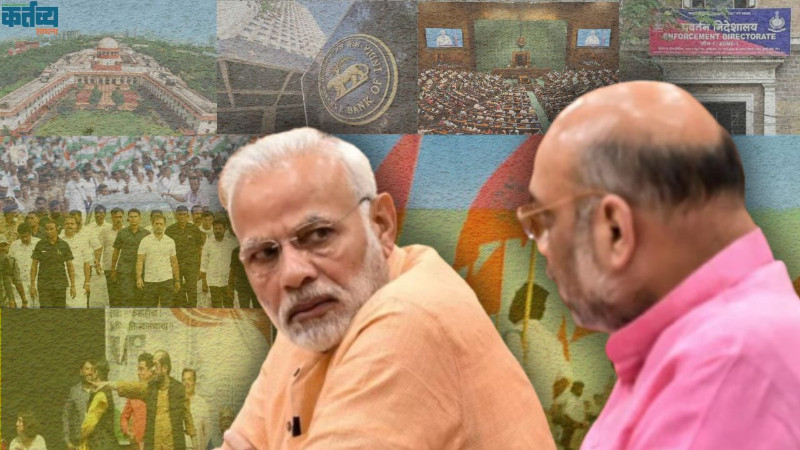
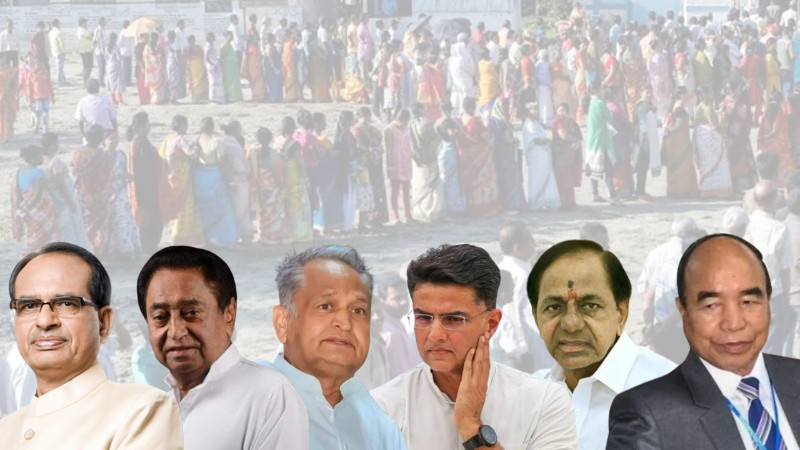
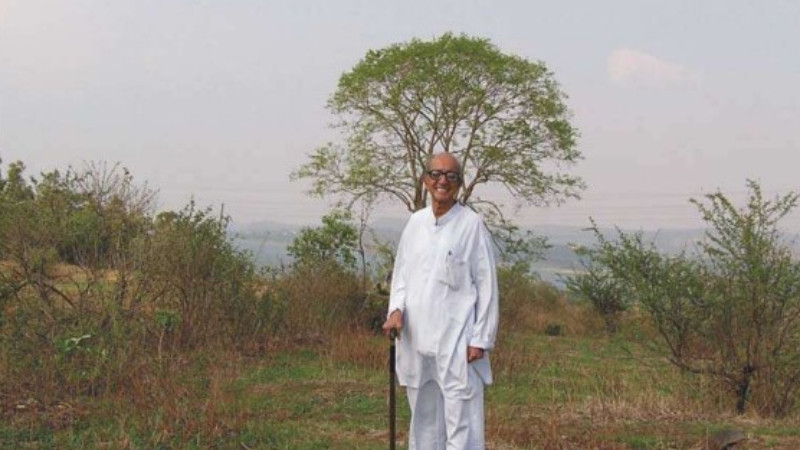
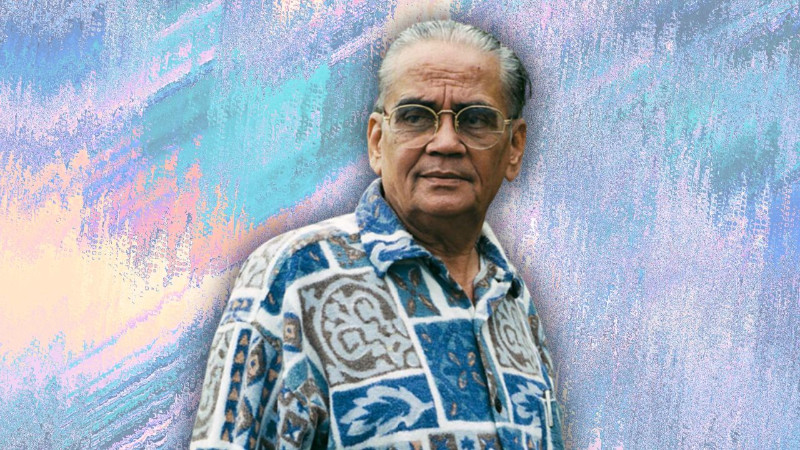
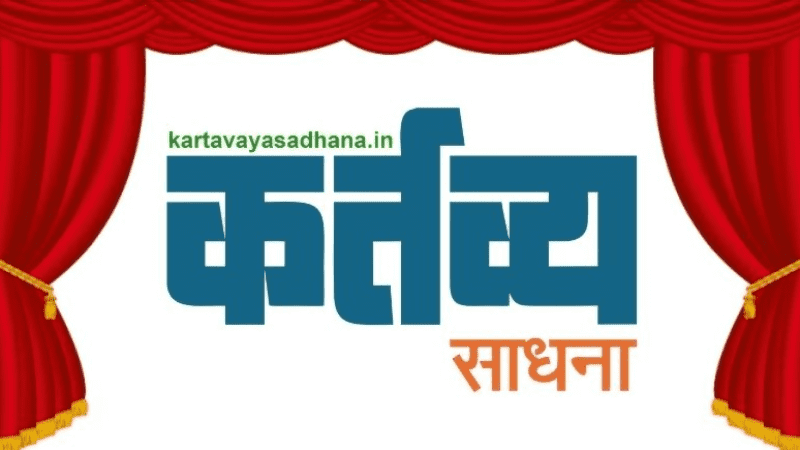
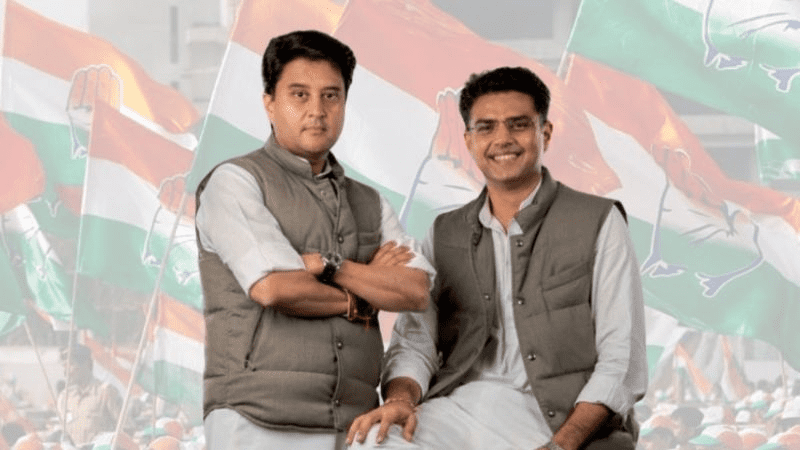
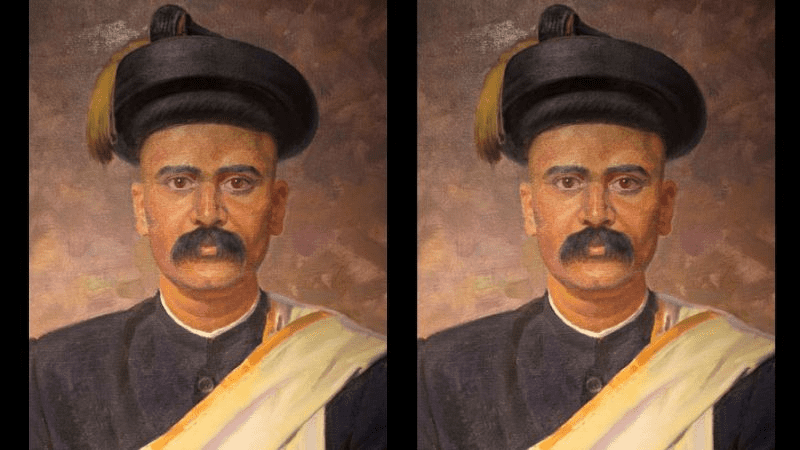
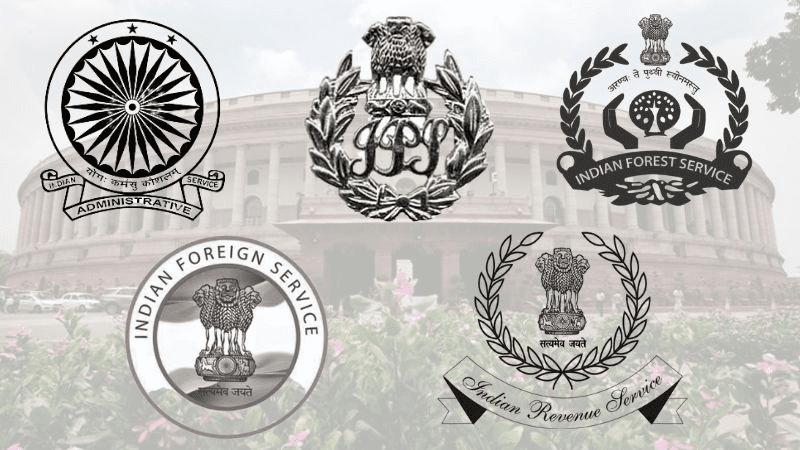
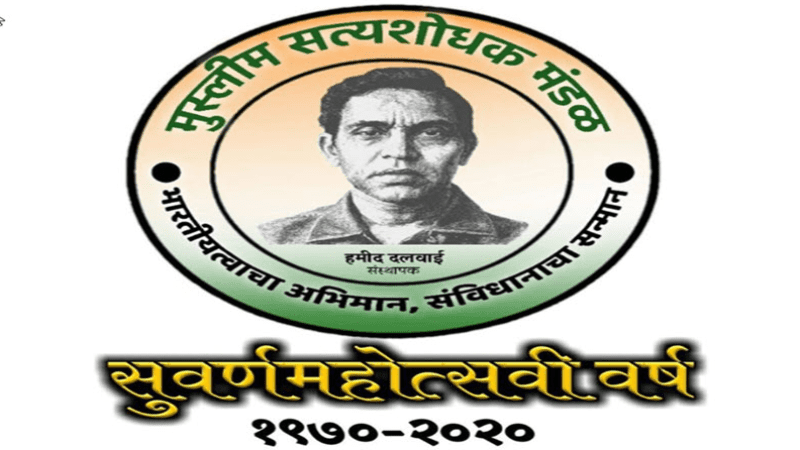


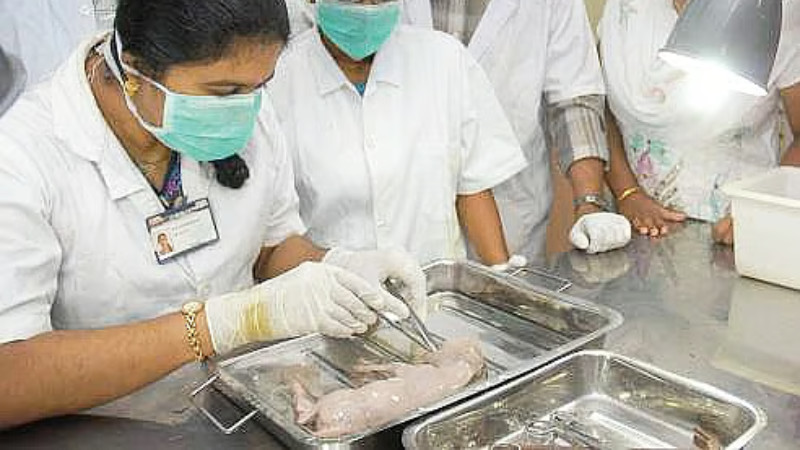
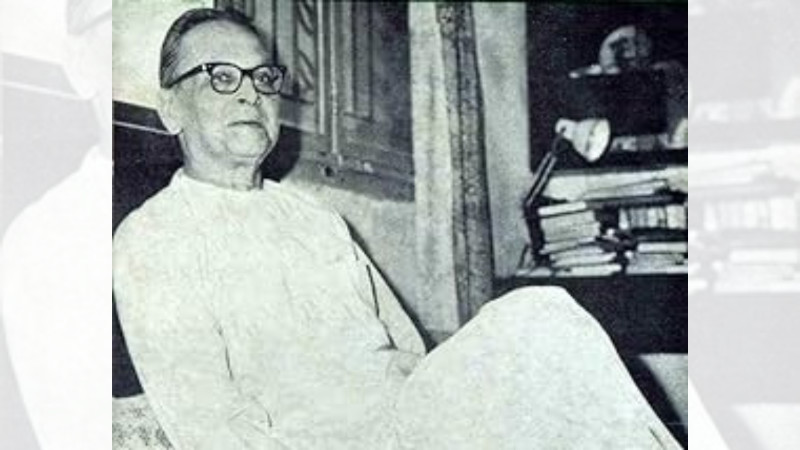
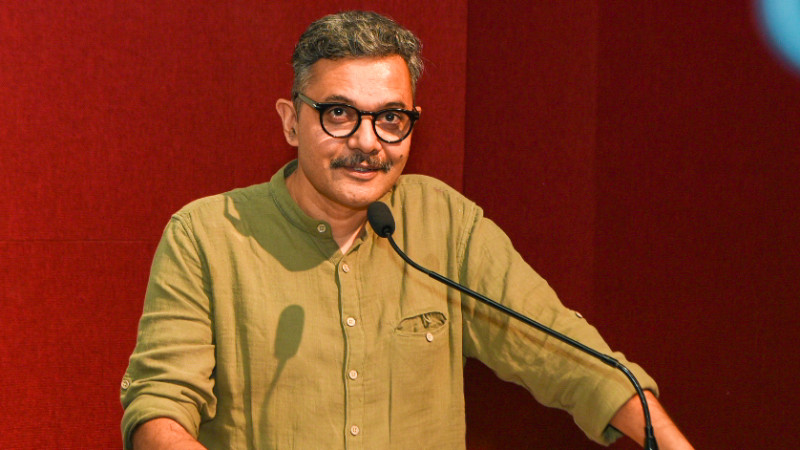
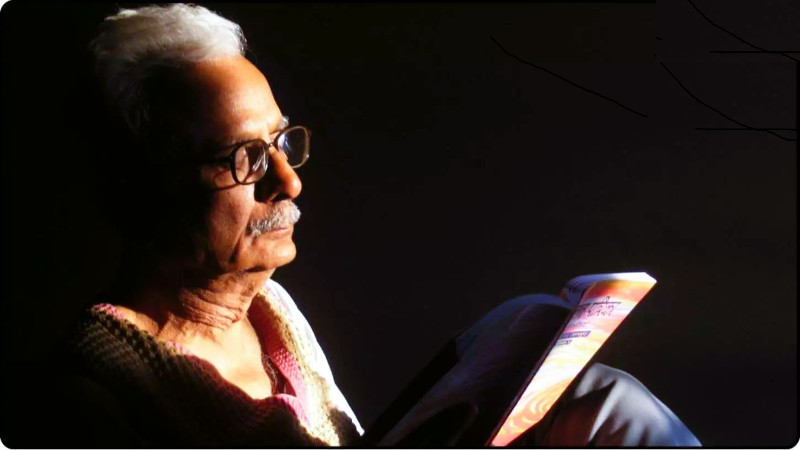
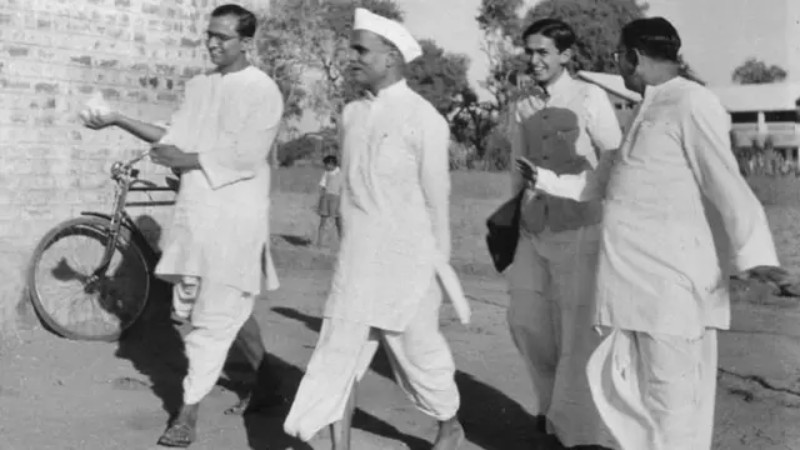
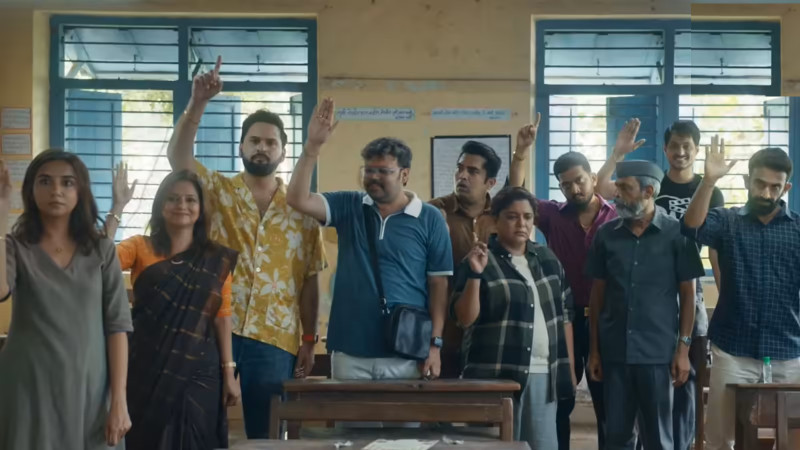
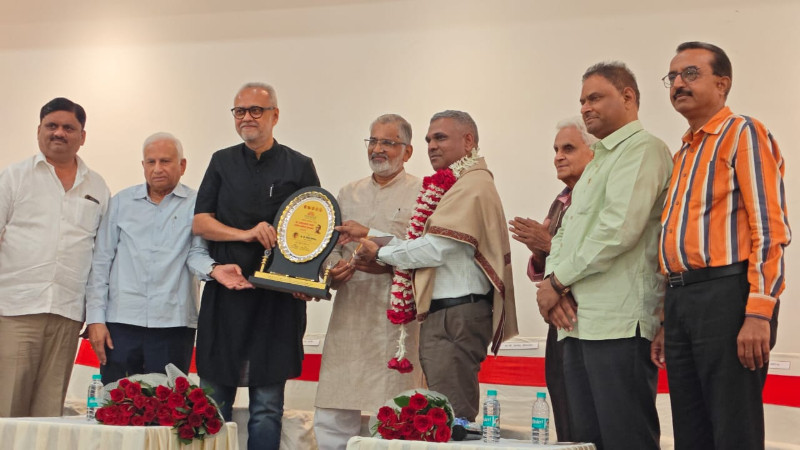
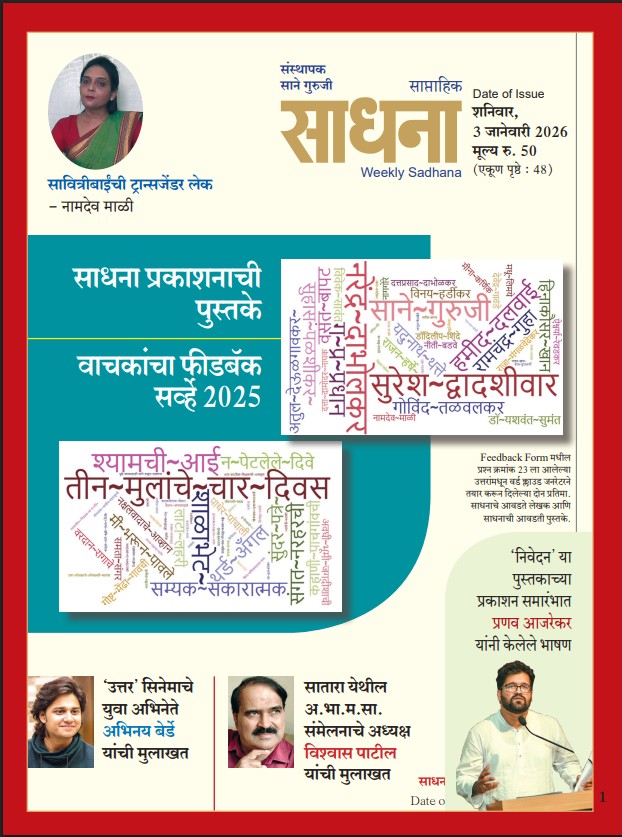













Add Comment